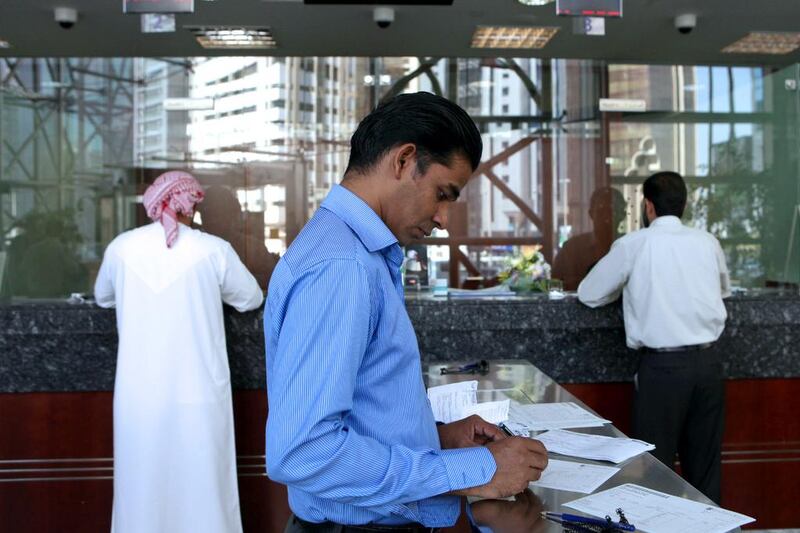UAE entrepreneurs still face funding and regulatory barriers to growth, but the start-up scene has improved as the government works to increase small and medium sized enterprises' contribution to GDP, according to law firm Clyde & Co.
Among the residual hurdles are access to finance – in particular, availability of start-up capital – operating costs such as rent and other outgoings, and licensing fees, Niall O'Toole, senior corporate partner at Clyde & Co, told The National in an interview.
SMEs, which have suffered from defaults in recent years, have yet to benefit from the UAE’s Bankruptcy Law, which came into force at the end of December 2016 but has had limited take-up despite clear appetite for such legislation.
“We have yet to see the bankruptcy law deployed in practice court, so it is difficult to know how effective it is at supporting the growth of start-ups and SMEs,” Mr O’Toole said, on the sidelines of the Scale Up UAE conference in Dubai last week.
“We need to see it operated, so we can understand what works and what needs to be refined.”
Increasing the contribution of SMEs to the economy is a key plank of the UAE’s national growth strategy and the government is making practical and regulatory changes to help them trade and grow.
In Dubai, SMEs account for less than 40 per cent of the emirate’s total gross domestic product (GDP), but the Dubai SME 2021 Strategic Plan aims to increase this to 45 per cent by 2021. The bankruptcy law is one element of this, but the government has also created start-up ‘incubators’ offering discounted wi-fi and other operating costs to small businesses, and are encouraging SMEs to bid for public contracts.
As of last August, SMEs had won more than 50 per cent of awarded contracts for Expo 2020 Dubai, the mega-event’s organisers said.
Mr O’Toole said one new regulation that could prove game-changing for small businesses is the creation of a register of moveable assets by the Emirates Development Bank to help SMEs secure loans.
_______________
Read more:
[ Exclusive: Dubai Internet City aims for 10% growth in quest to become ‘Mena Silicon Valley’ ]
[ Abu Dhabi launches travel, tourism start-up incubator ]
[ Emirates Development Bank pledges Dh450m of funding to SMEs for 2018 ]
_______________
Targeted for launch this year, the Emirates Movable Collateral Registry Corporation would include vehicles, equipment, and accounts receivables that companies could use to provide a clear picture of their assets if they wish to borrow against them.
Smaller companies have been hit hard by the country’s economic slowdown up until the end of last year, with cancelled contracts and late payments common. As a result, banks have been wary of lending to SMEs.
“The new register is a very welcome way of giving banks more confidence to lend to start-ups. It is an alternative to the outdated method of post-dated cheques, which is not a useful mechanism for start-ups,” said Mr O’Toole.
“It is also positive to see that the code of conduct requirement for new company recruits has been at least suspended." This would have made the hiring process longer.
Financial free zone Abu Dhabi Global Market's fintech ‘sandbox’ is another good example of the light regulatory touch that small businesses require. “It’s clever, proactive regulation,” he said.






